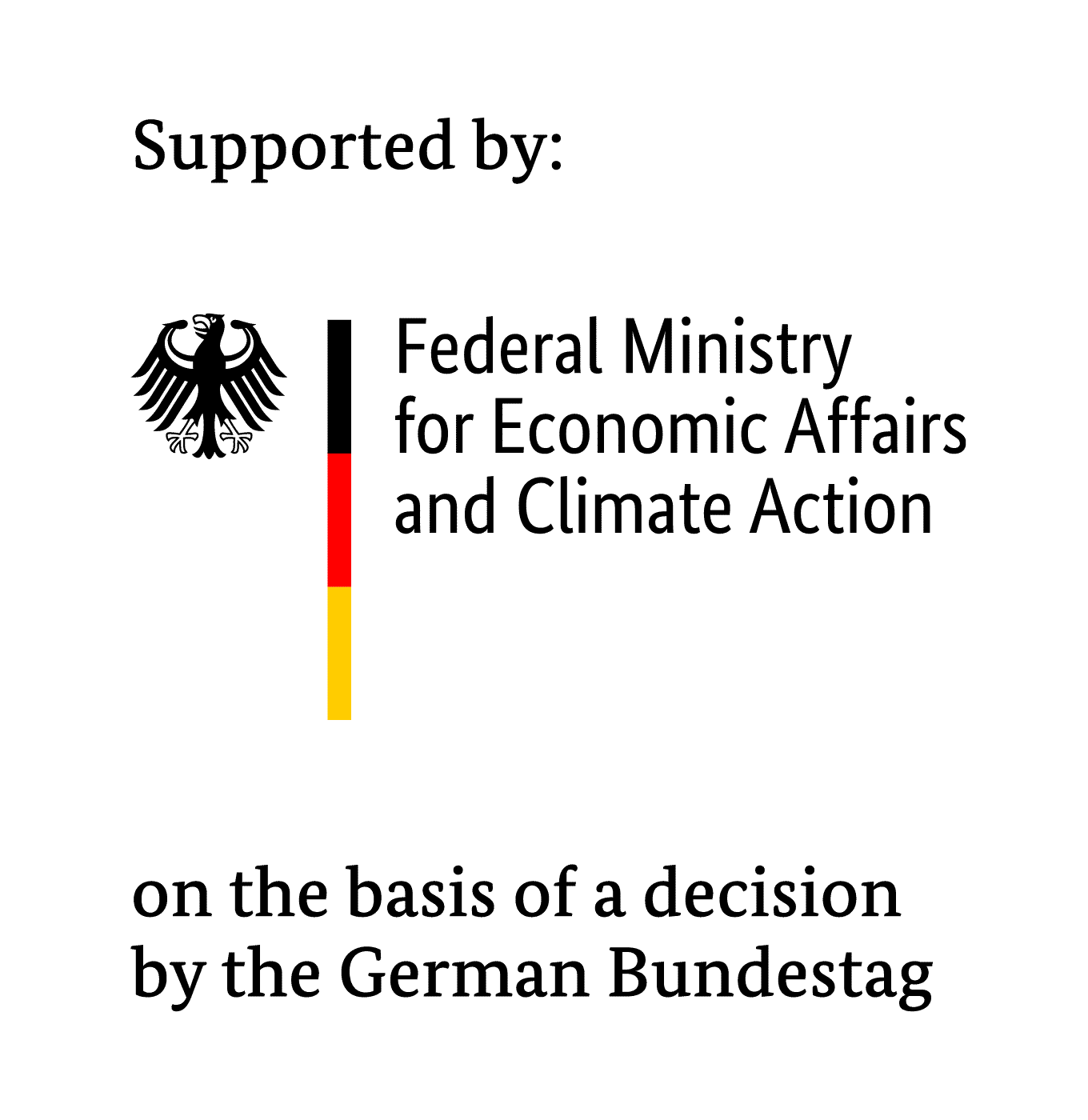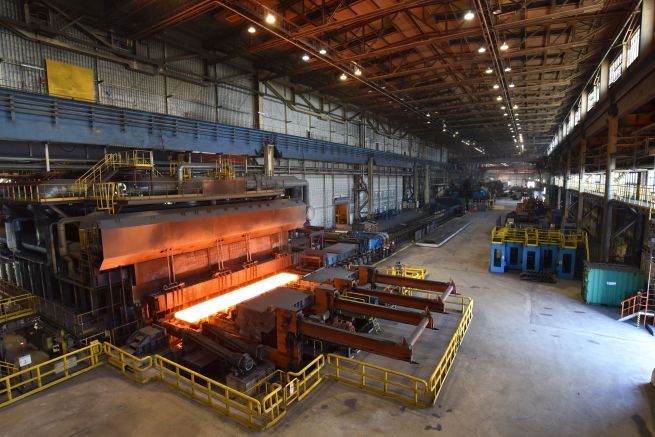“Process Library” aims to model furnace processes and identify potential CO2 savings
07 Dezember 2023 – As part of a current research project “ProcessLIB“ OWI Science for Fuels gGmbH is developing a library of numerical models of thermal processes. The aim here is to unlock till now unrealized energy-saving potential in the thermal process sector and help reduce its CO2 footprint. For this “Process Library”, individual process components are to be modeled using physico-mathematical methods. The researchers ultimately aim to combine the individual component models created into a library of process components which will be ultimately packaged into software, which in turn allows the individual process components to be interconnected into an entire thermal process and thereby allow for modular approach in system design.
Methods for numerical optimization will be subsequently used to examine a complete model thermal process in detail with regards to its additional potential to save energy.
The process industry consumes around 67 % of the energy supply for the provision of process heat, the majority of which is obtained from fossil sources. In many cases, a lot of heat is wasted as part of the process.
In addition to the use of CO2-reduced fuels and electricity from renewable sources of energy, heat-recovery systems can be counted as one of the main drivers to improve CO2 efficiency. The named countermeasures are however often only applied to individual processes and the possibilities of achieving CO2 savings by linking the various processes between each other are not sufficiently considered. Such a linking of the individual processes in thermos-processing plants and even coupling them with other sectors reduces energy consumption and CO2 emissions.
Development of a model library of thermoprocesses
The focus of the model library is on linking individual processes to form entire process chains and includes the possibilities of sector coupling. By modeling components that are currently rarely considered, such as components for the indirect use of waste heat, it is possible to identify new and additional ways to minimize the CO2 footprint, which remain untapped as of today.
This is made possible by improving the interconnections (structural optimization) and operating modes (application optimization) of thermal processes by mapping dynamic processes and making them real-time capable through model reduction. The result of this research project is a model library of various sub-processes in the thermal process industry, which is fed with the process data of the systems. Data from the virtual process models will additionally be used.
This model library should be directly usable for the manufacturers and operators of thermoprocessing plants and their components to model individual plants and analyze them for possible CO2 savings. Based on the calculations of the process models, the model library can, for example, use calculated temperatures as input parameters to identify the potential to save energy and CO2. This enables companies to develop individual solutions and then implement them. The model library of thermal processes should also contribute to the economic efficiency of the processes under consideration.
In addition, the use of virtual sensors can help to extend maintenance intervals and reduce costs. Integration into Industry 4.0 concepts, as well as the benefits of application optimization, make it possible to increase productivity or reduce energy consumption by optimizing batch programs, for example.
The IGF project 22494 BG of the research association Forschungskuratorium Maschinenbau e. V. – FKM, Lyoner Str. 18, 60528 Frankfurt am Main, is funded via the AiF as part of the program to promote joint industrial research and development (IGF) by the Federal Ministry of Economics and Climate Protection on the basis of a resolution of the German Bundestag.







